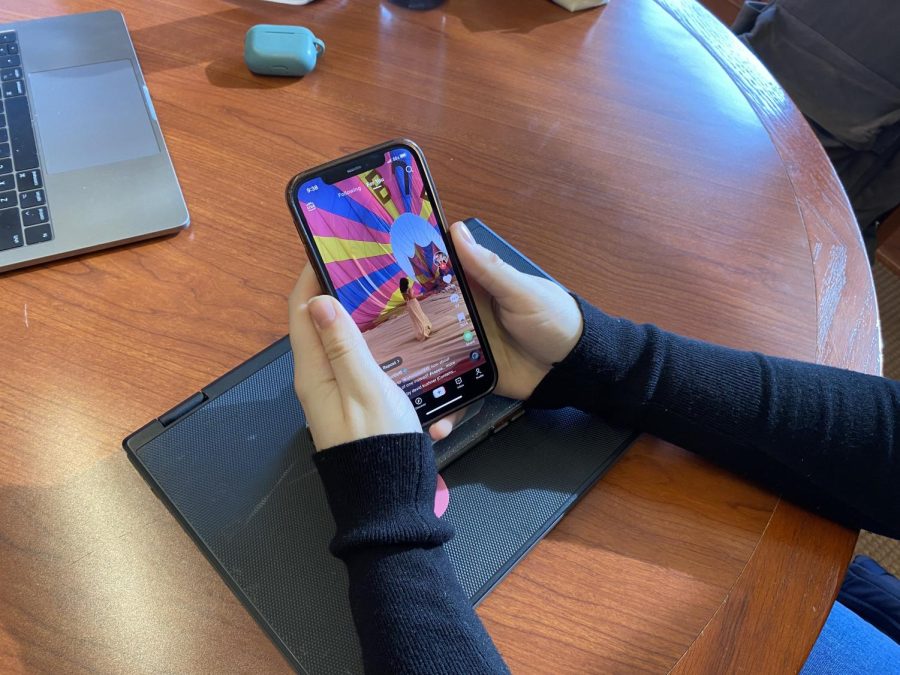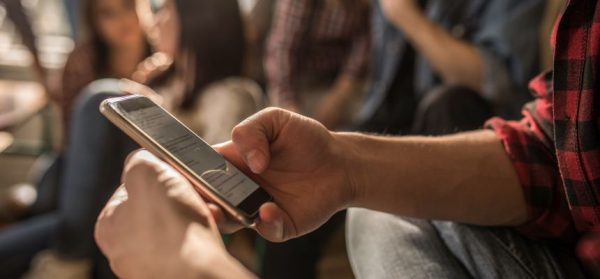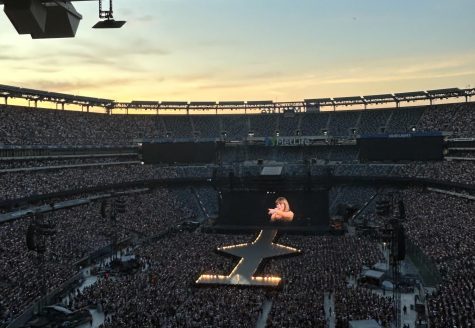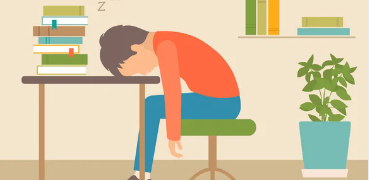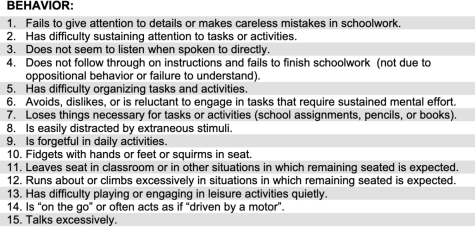Ban TikTok to protect national security and teen mental health
“Some 67% of teens say they ever use TikTok, with 16% of all teens saying they use it constantly,” the Pew Research Center reports in an article. The article, titled “Teens, Social Media and Technology 2022,” details the results of Pew’s 2022 study by the same name. The research explored social media demographics, as well as the effects it has had on U.S. teens. While this study was directed at teens, if adults were included, the numbers would be even larger. The sheer number of Americans that use or have used TikTok is incredible—and these numbers demonstrate a major national security concern.
Most teens have heard of TikTok or have used the app. The premise of the app is that users create short videos to appeal to a vast variety of audiences worldwide. The videos cover many topics, including dancing, cooking, politics, life hacks and celebrity drama; every interest imaginable is posted about by Tik Tok users. TikTok is the international counterpart of the lesser-known Chinese app Douyin, and both apps share a user interface and many of the same features. The two apps also share Chinese roots, as both are owned by Chinese media company ByteDance.
The Chinese ownership of the app has been a major cause for concern within the government for years. According to CNN, just recently, a House of Representatives committee approved a bill enabling President Joe Biden to ban TikTok in the U.S. The vote came following the banning of TikTok on the phones of House staffers. Beneath the fun and creative purpose of the app, there is a side that people generally choose to ignore; the technology behind the app allows ByteDance to track its users. ByteDance could possibly gain an inside look into the House, as long as its members use the TikTok. It’s no secret that internet users are tracked all day every day, leaving a footprint and activating algorithms on every site they visit. However, according to Time magazine, ByteDance is subject to a Chinese national security law that requires it to turn information over to China’s government authorities upon request. This poses a national security problem for the U.S. and is one of the House committee’s primary reasons for voting to ban TikTok.
TikTok is also extremely addictive. Other social media-platforms have ways to keep users engaged, but TikTok’s algorithm loops its users in to keep some of them scrolling for hours on end. By providing users with videos that pique their interest again and again, TikTok holds its viewers. Teens and adults alike lose hours and hours to mindless scrolling, keeping them from being productive. A 2021 analysis by Brown University student Sophia Petrillo found that TikTok utilizes a number of tactics to keep users engaged. The simple act of clicking the “like” button and receiving likes causes a surge of dopamine that TikTokers become addicted to. Additionally, users also find themselves in an addictive state in which they lose track of time. The analysis also found that teens open TikTok upwards of eight times a day—which may not seem like much—but this number can mean a lot especially when the amount of time spent on the app is considered.
Some TikTokers promote unhealthy behaviors that can be detrimental to mental health. On top of this, cyberbullying is as easy as ever and especially prominent on TikTok. Adding on to that, a study by CCDH (Center for Countering Digital Hate) found that TikTok could show harmful content to its users. This content could be anything ranging from information on suicide to videos that can encourage eating disorders. For teens especially, exposure to this content is harmful to their mental and physical health, along with altering their understanding of the world.
Considering TikTok’s addictive nature and the national security threat it poses, banning TikTok in the United States would improve lives nationwide. The government would benefit, as national security would be protected. Teens and adults alike would feel less social and mental stress. While removing TikTok alone won’t solve the ongoing social-media crisis, it’s a step in the right direction for the health and wellbeing of Americans.
Gianluca is a sophomore at Pelham Memorial High School. He was previously a reporter for the Lion Times at Prospect Hill and is excited to be writing again....



